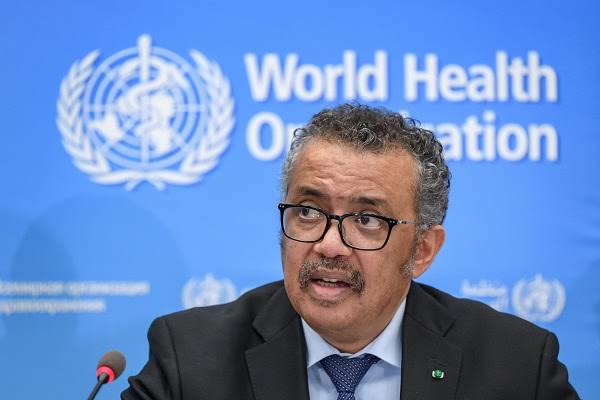On the occasion of the commemoration of the International Day of Epidemic Preparedness, SEND Ghana is urging the government of Ghana to remain committed to its word to establish a Public Health Emergency Fund (PHEF) as indicated in the 2022-2025 National Medium Term Development Framework in readiness for future public health threats and, by extension, increase Ghana’s preparedness rating, which currently stands at 45.
We wish to also call on the government to amend the already existing COVID-19 National Trust Fund (CNTF) established by an Act of Parliament 2020 (Act 1013) into the PHEF and make revenue from the COVID-19 Recovery Levy the primary source of funding for the PHEF. In addition, the CNTF can continue to leverage additional sources of funds such as donations from intuitions, corporate bodies, philanthropists, and patriotic Ghanaians.
Failing to plan for disease outbreaks costs more than having a preparedness plan in place. Hence, Ghana must prepare for and respond quickly to potential epidemics rather than waiting to act when outbreaks happen. Not preparing adequately could be dangerous for Ghana and strain an already stressed health system and economy. Preparedness requires a deliberate and concerted effort from the government and all stakeholders. According to Dr Tedros Adhanom Ghebreyesus, the Director General of the World Health Organisation (WHO), “true preparedness is not just the work of the health sector, it requires all of government and all of society.”
Lessons learnt from previous outbreaks, including the ongoing COVID-19 pandemic, Monkeypox and Ebola Virus Disease show that countries with better preparedness suffer fewer impacts than countries that are unprepared. The impacts of disease outbreaks have far-reaching consequences, including setbacks in the Sustainable Development of Goals (WHO, 2021).
Now is the time to act against any future outbreaks to spearhead rapid advancement of Ghana’s health care system.
The establishment of the PHEF would contribute to building a resilient healthcare system to cater to and support investment in health infrastructure, logistics, human resources, risk communication during outbreaks, local manufacturing of vaccines and medicine, and health research.
We hope the government will take the necessary steps to establish the PHEF before the end of 2023, especially when some Ghanaian citizens are beginning to question the relevance of the COVID-19 levy. Funding is needed to protect Ghanaians against future epidemics. We desire to see the government take advantage of this opportunity to convert the COVID-19 Trust Fund while channelling the levy into the PHEF to cater to all disease threats, not just COVID-19.
Signed
Emmanuel Ayifah (PhD)
(Deputy Country Director, SEND GHANA).




